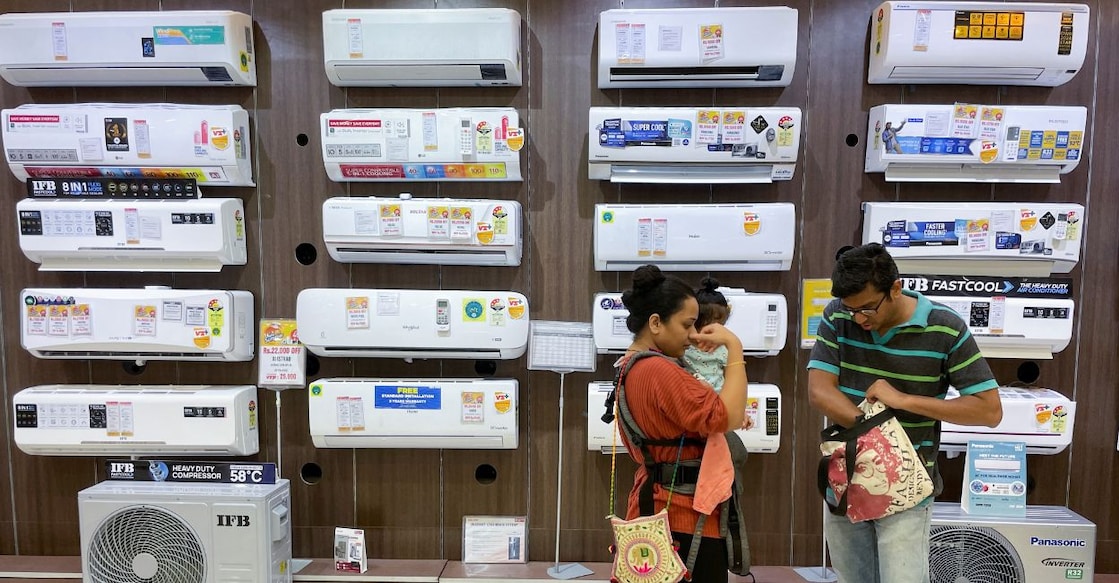Chill now: Plan to restrict AC temp in 20-28 degree C range to kick in only after 2050

Mail This Article
New Delhi: Worried over the proposed plan to restrict the air conditioner temperature in the 20 degrees Celsius to 28 degrees Celsius range? Fret not. The central government is unlikely to implement that anytime soon.
Union Environment Minister Bhupender Yadav on Friday said the new AC temperature range would kick in only 'after 2050'. "I do not think it will happen immediately; capacities will be gradually built for it over time," he said while attending the India Climate Summit.
Yadav stated that achieving climate targets must be done in line with national circumstances and the CBDR-RC (Common But Differentiated Responsibilities and Respective Capabilities) principle, PTI reported.
India's nationally determined contributions (NDCs), or national climate plan, submitted to the UN climate body, emphasise ensuring "access to energy to its people", he said.
The principle of CBDR-RC means all countries must fight climate change, but developed nations should do more because they have historically contributed more emissions and have greater resources.
Earlier this month, Union Minister Manohar Lal Khattar said air conditioners in India will soon be required to operate within a fixed range of 20 degrees Celsius to 28 degrees Celsius, and settings below or above this limit will be prohibited.
According to the Bureau of Energy Efficiency (BEE), most ACs in India are currently set between 20 and 21 degrees Celsius, though the ideal comfort range is 24 to 25 degrees Celsius.
BEE recommends setting air conditioners at 24 to 25 degrees Celsius to balance comfort and energy use. It says that keeping the temperature too low, around 20 to 21 degrees Celsius, wastes electricity.
The agency also says that raising the AC temperature by just 1 degree can save about 6 per cent of electricity. Increasing it from 20 degrees Celsius to 24 degrees Celsius could lead to energy savings of up to 24 per cent.

